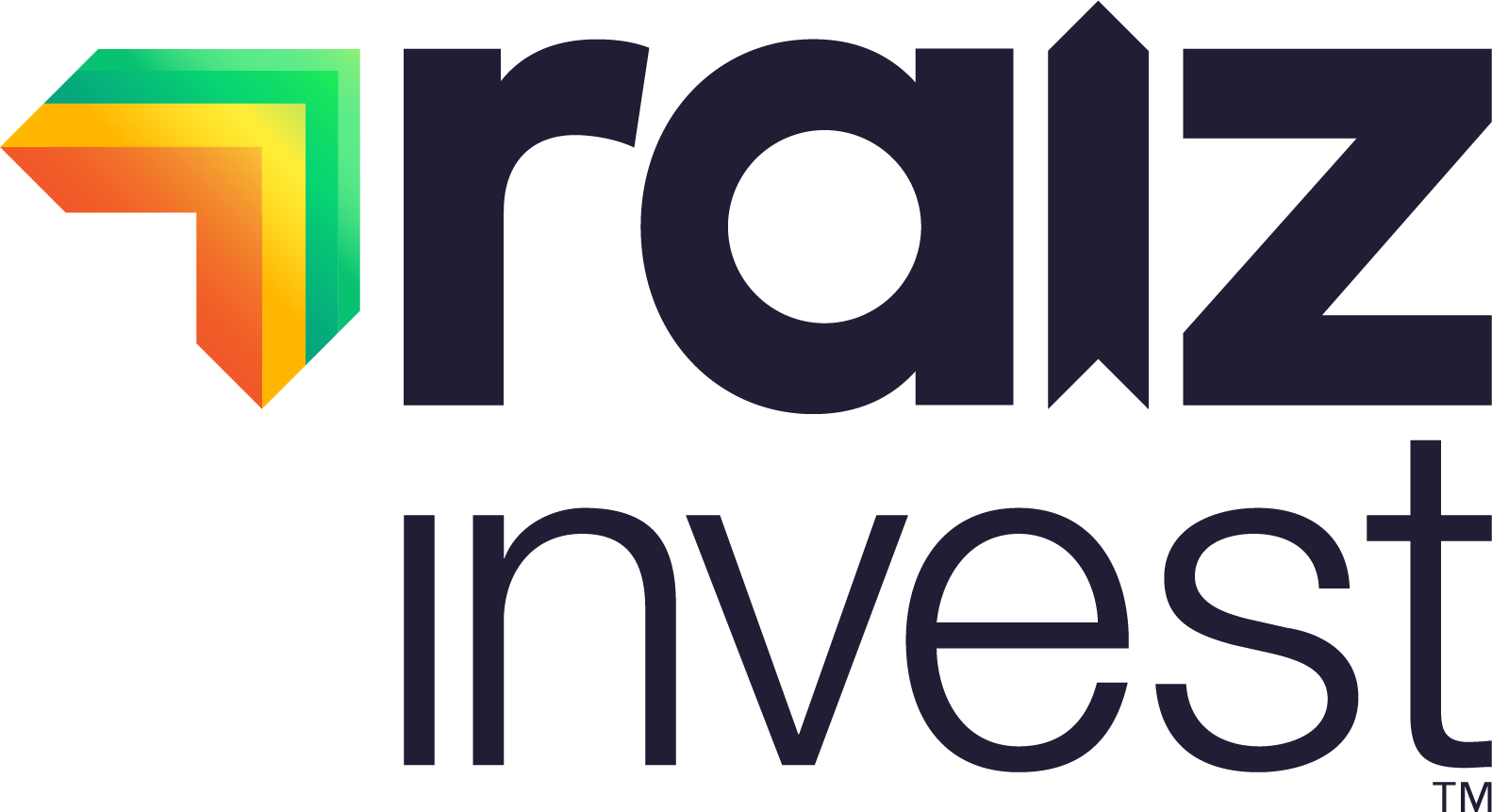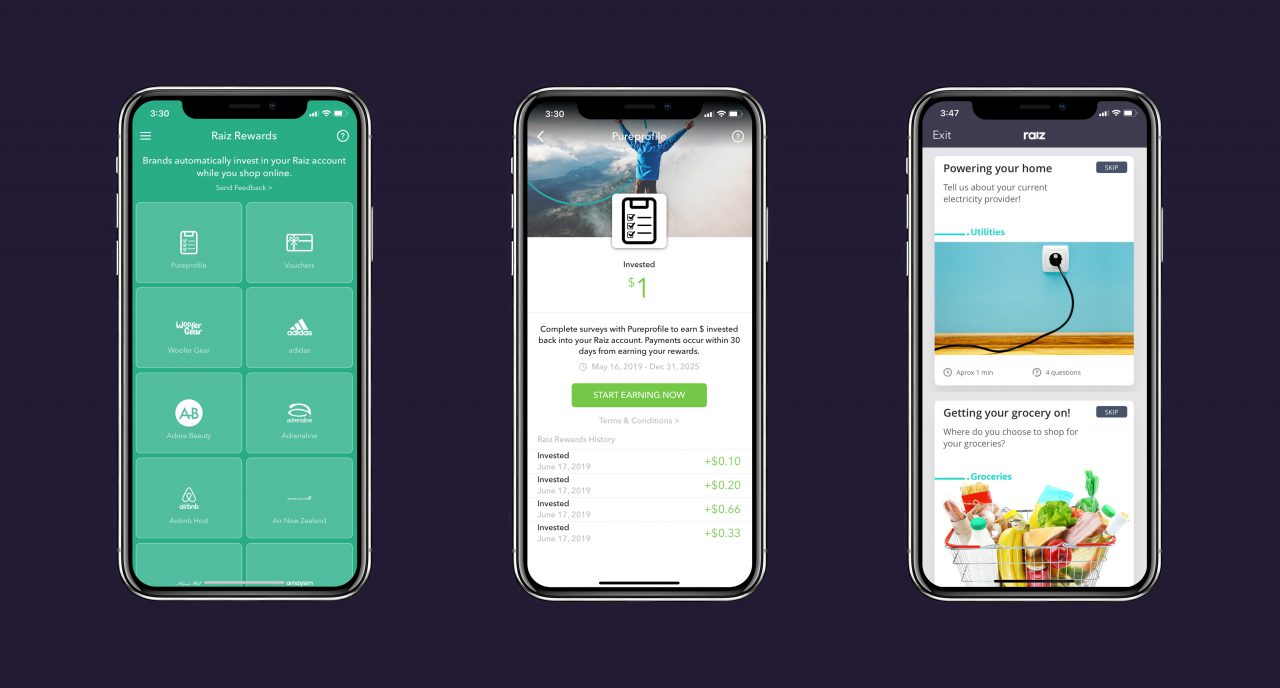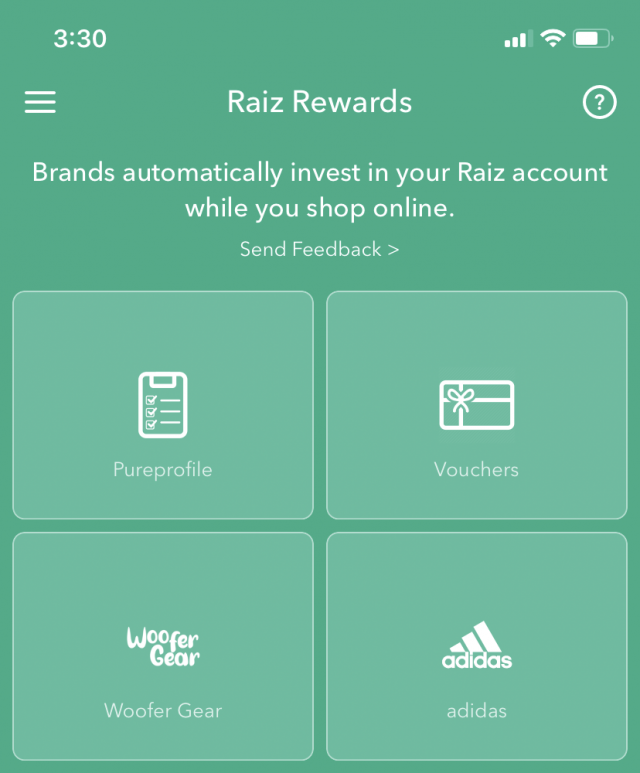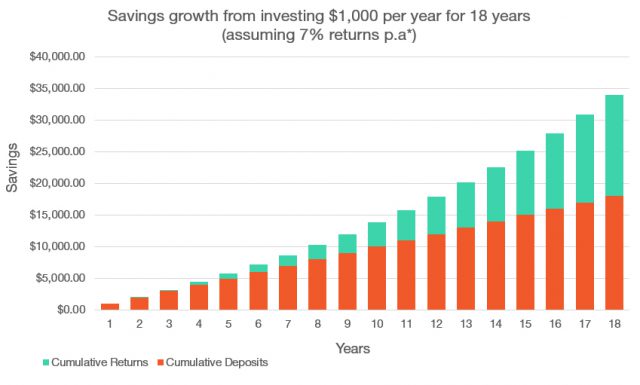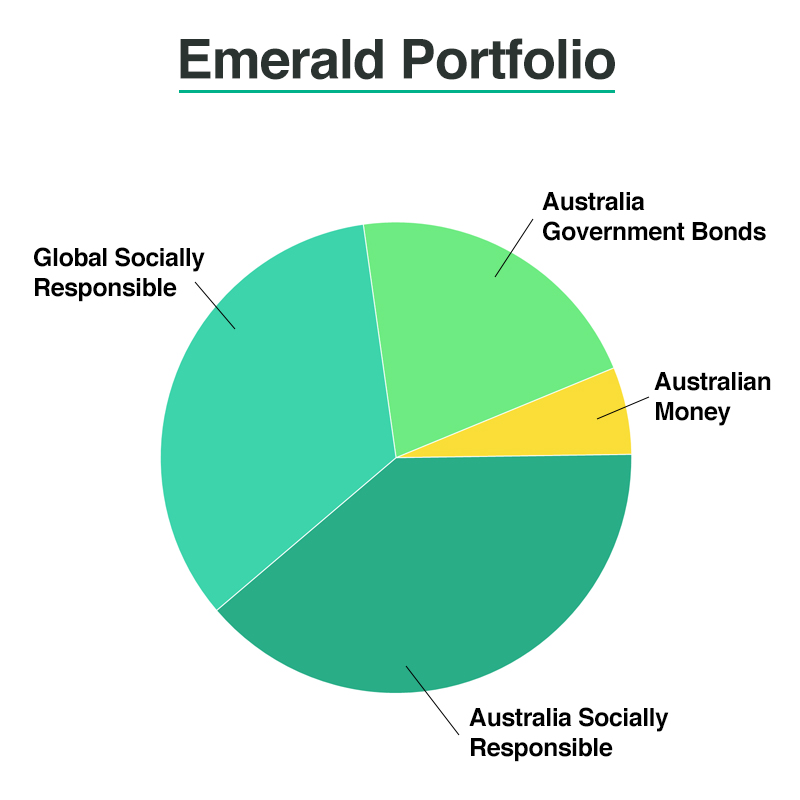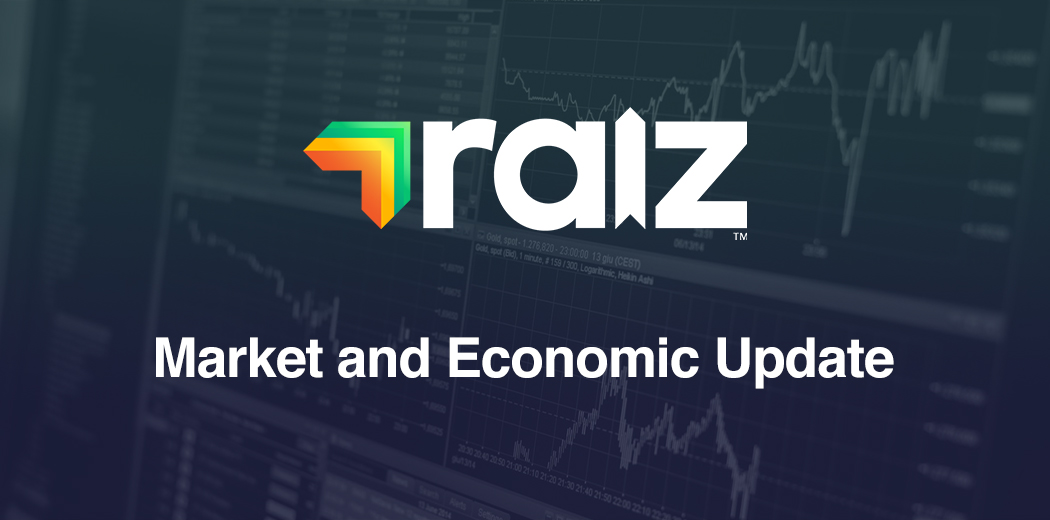24/06/19
July isn’t just tax returns
We’re rapidly approaching the start of a new financial year, and whilst EOFY sales and tax returns are top of mind, it’s also a notable month for dividends being paid by ETFs
From the second week of July, look to see your share of over $3,000,000 worth of dividends reinvested back into your Raiz Account.
The exact dates they will paid out is yet to be confirmed, and will vary depending on which portfolio you are investing in. The emerald portfolio, for example, contains unique socially responsible ETFs (named RARI and ETHI) that have different payment dates to ETFs found in other portfolios.
What are Dividends?
As well as gains on market returns from investing, dividends (or distributions) is money paid by a company back to you, their shareholder, out of its profits.
Your chosen Raiz investment portfolio comprises of nine different exchange traded funds (ETFs). ETFs are essentially just a combination of assets (such as stocks, cash or bonds), bundled together under one roof to form a single financial product that can be traded on the stock exchange.
The underlying stocks of these ETFs, which make up the Raiz portfolios, pay dividends from time to time. The ETF provider’s pays these dividends out monthly, quarterly or twice yearly.
All dividends received by Raiz will be automatically re-invested back into your Raiz investment account, and your chosen portfolio.
Don’t have the Raiz App?
Download it for free in the App store or the Webapp below:
Important Information
The information on this website is general advice only. This means it does not take into account any person’s particular investment objectives, financial situation or investment needs. If you are an investor, you should consult your licensed adviser before acting on any information contained in this article to fully understand the benefits and risk associated with the product.
A Product Disclosure Statement for Raiz Invest and/or Raiz Invest Super are available on the Raiz Invest website and App. A person must read and consider the Product Disclosure Statement in deciding whether, or not, to acquire and continue to hold interests in the product. The risks of investing in this product are fully set out in the Product Disclosure Statement and include the risks that would ordinarily apply to investing.
The information may be based on assumptions or market conditions which change without notice. This could impact the accuracy of the information.
Under no circumstances is the information to be used by, or presented to, a person for the purposes of deciding about investing in Raiz Invest or Raiz Invest Super.
Past return performance of the Raiz products should not be relied on for making a decision to invest in a Raiz product and is not a good predictor of future performance.
